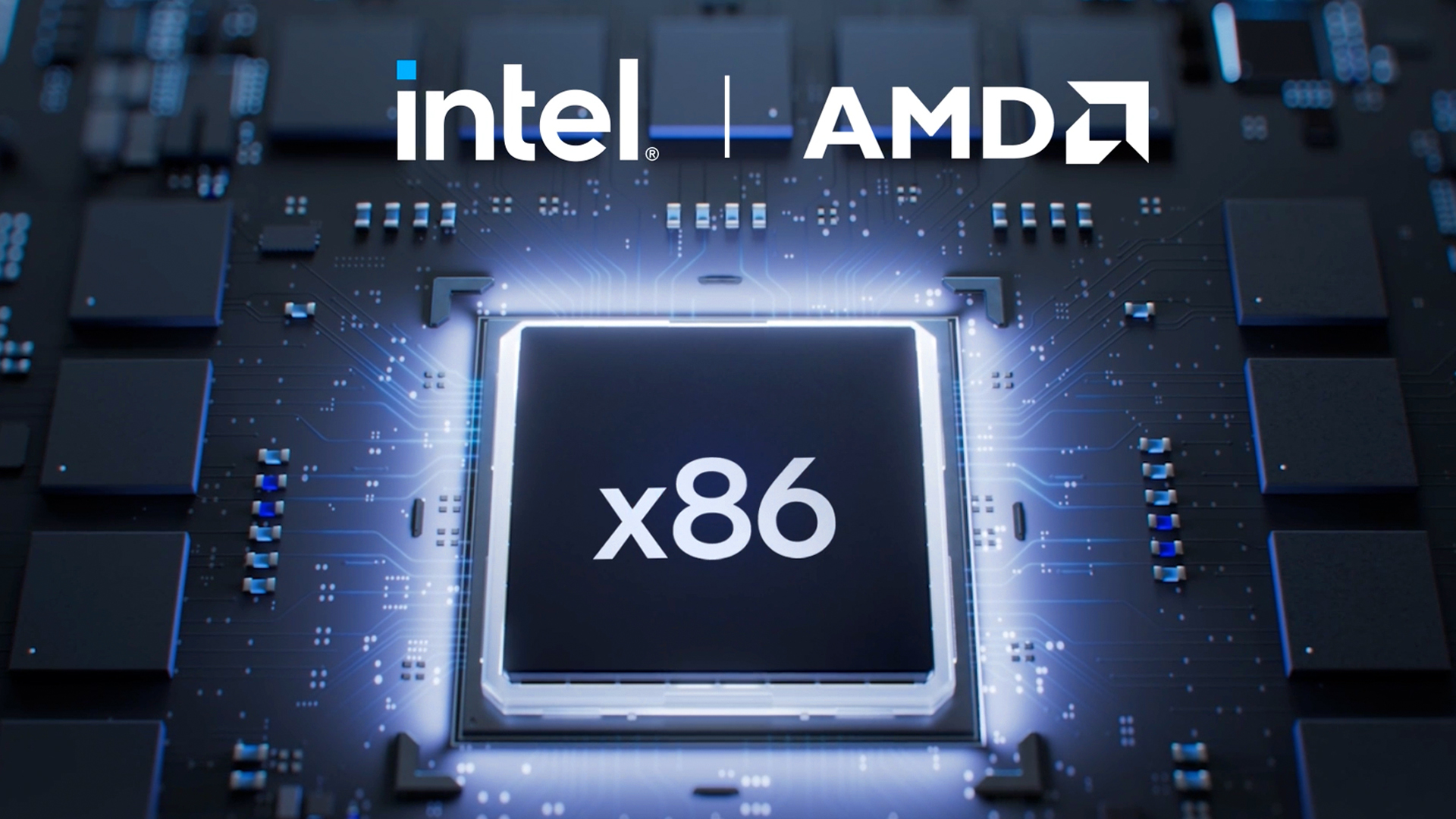winjer
Member


Intel and AMD Form x86 Ecosystem Advisory Group to Accelerate...
Leading tech companies to collaborate on architectural interoperability and simplify software development across the ecosystem.

Intel-AMD Join Forces to Counter Arm's Rise | Technology
Intel and AMD are creating a joint group to enhance software compatibility across their x86 architecture chips. This effort aims to counter competition from Arm Holdings, which has been gaining market share through its widely adaptable technology. Key industry partners like Broadcom and Oracle...

AMD, Intel Mobilize Major Tech Companies To Extend X86 Architecture
AMD's and Intel's CEOs explain why they have joined forces to create a blue-chip advisory board to shape the future of the ubiquitous x86 microprocessor architecture.
 www.forbes.com
www.forbes.com
Intel and AMD x86 Consortium: A Rare Alliance to Shape the Future of Computing
In a surprising move, Intel and AMD, two long-time competitors in the CPU market, have formed a joint consortium to ensure the future development and standardization of the x86 instruction set architecture (ISA). This alliance aims to simplify architectural guidelines, enhance software consistency, and standardize interfaces across x86 product offerings from both companies.
The x86 Ecosystem Advisory Group comprises:
- Intel
- AMD
- Broadcom
- Dell
- HPE
- HP
- Lenovo
- Meta
- Microsoft
- Oracle
- Red Hat
Goals
The consortium aims to:
- Simplify architectural guidelines to enhance software consistency
- Standardize interfaces across x86 product offerings
- Address changing demands around emerging technologies
- Ensure x86 remains the compute platform of choice for developers and customers
This unprecedented collaboration between Intel and AMD:
- Recognizes the importance of a unified x86 ecosystem
- Acknowledges the need for a more efficient and consistent ISA
- Demonstrates a willingness to work together to counter ARM’s growing influence
- May lead to improved software development and reduced fragmentation
OF course this does not mean AMD and Intel are no longer rivals, it just means they recognize that ARM is the bigger threat.
Although, don't expect major immediate changes, if anything comes of it, it will take a few years for something to come about.
Last edited:




